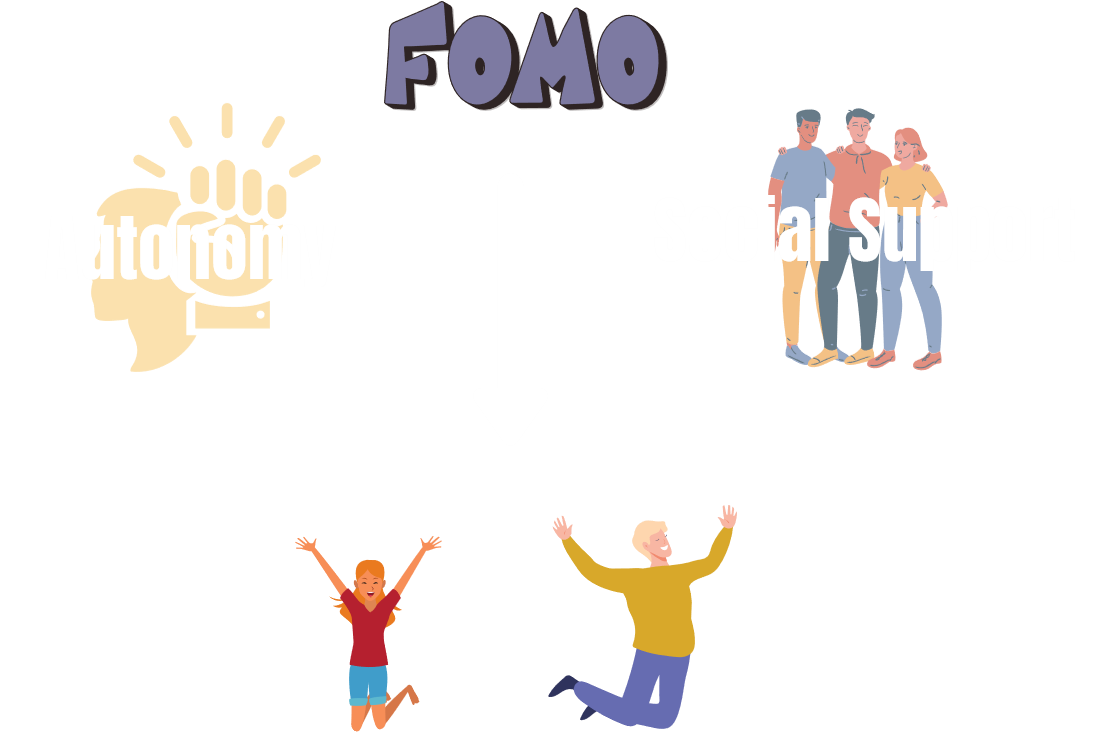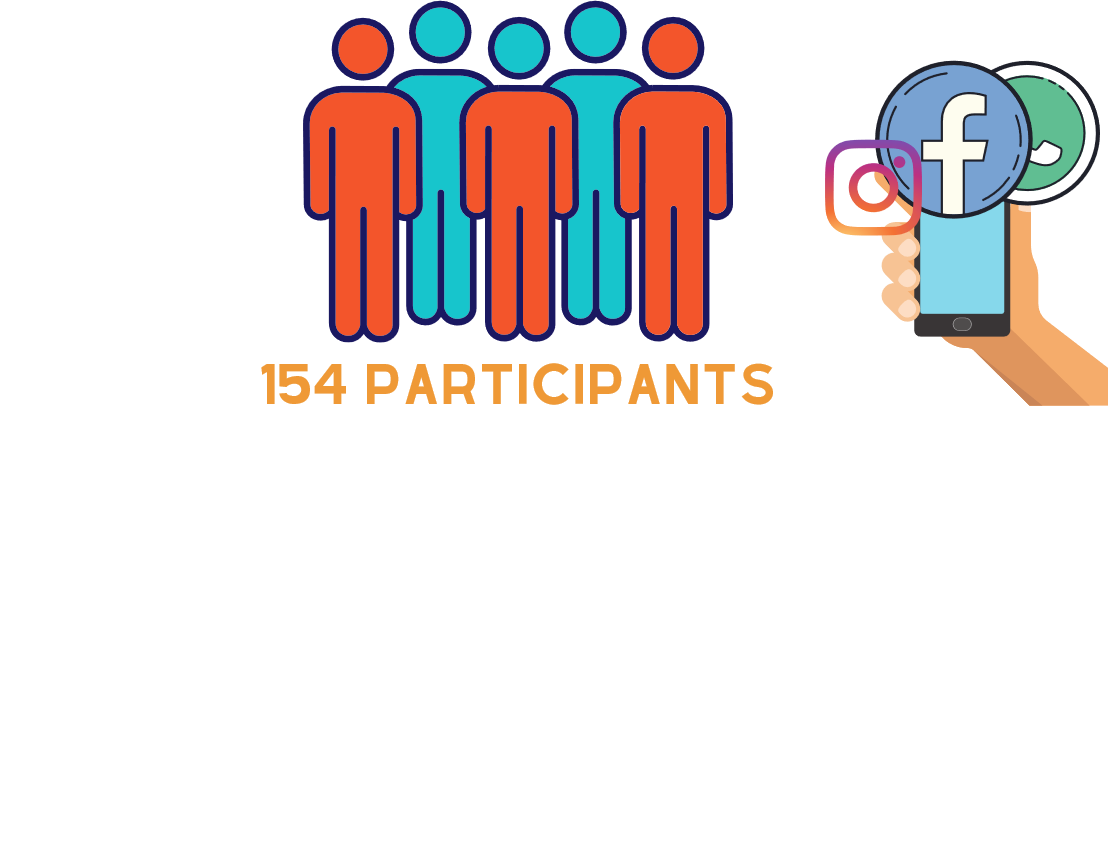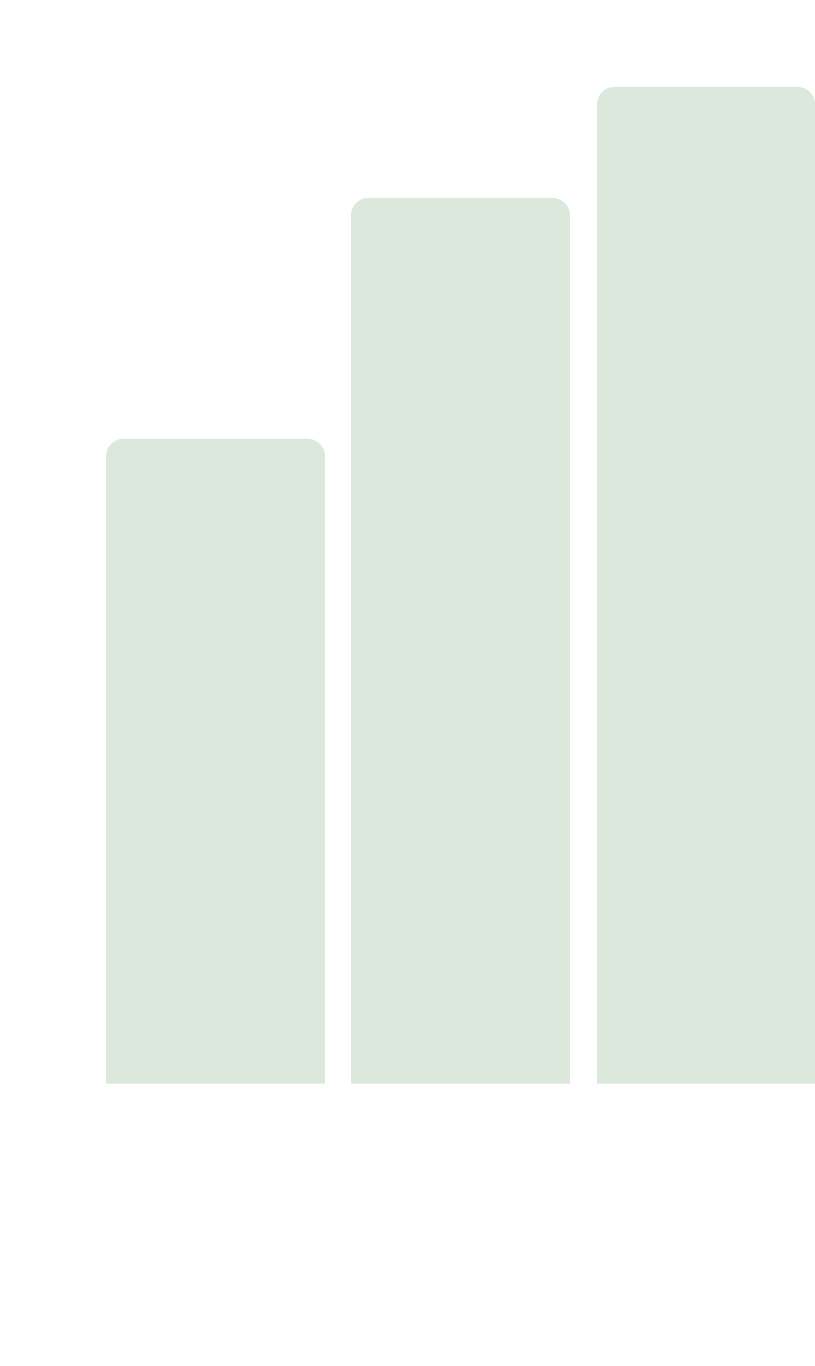
Samuel Ling
When it comes to one’s psychological well-being, their overall health comes into the picture. Psychological well-being plays a big part in a person’s life, with many potential factors contributing to it. Past research has indicated that autonomy, FoMO (fear of missing out) and social support are major contributions to one’s psychological well-being. However, little is known about the impact of these factors among Malaysian students. Therefore, this study investigated the impact of social support (family and friends), FoMO and autonomy on Malaysian students’ psychological well-being. In this study, 154 Malaysian students (56 males, 98 females) aged between 18 – 24 were recruited online and completed online surveys measuring autonomy, social support, FoMO, and psychological well-being. Results show that students who scored higher on social support and autonomy measures had higher psychological well-being, whereas students who had higher FoMO scores had poorer psychological well-being. All factors were found to significantly predict psychological well-being, with FoMO being the strongest predictor. In conclusion, these findings imply that having a greater degree of autonomy, good relationships with friends and family, and being contented with one’s own experiences are key essentials for one’s psychological well-being.

Samuel Ling
A Little History…
According to the Institute of Public Health in Malaysia, the prevalence of mental health issues among adults has increased from 10.7% to 29.2% between 1996 to 2015.
Poor psychological well-being can have drastic effects on a person. Studies have shown that poor mental health can lead to impaired academic performance (Keyes et al., 2012), poorer physical health (Hernandez et al., 2012), suicidal thoughts and depression (Hawton et al., 2013; Tyson et al., 2010). With these in mind, the need for research on psychological well-being is imperative.

Why these variables?
Studies have shown that autonomy, FoMO and social support do play a role in psychological well-being. For instance, high authorship i.e. a facet of autonomy (Paradnikė & Bandzevičienė, 2015) and social support especially from family (Ammar et al., 2013; Gülaçtı, 2010) significantly predicted psychological well-being. FoMO, on the other hand, was associated with decreased psychological well-being (Fabris et al., 2020). Findings from Farbis et al. (2020) suggest that the fear of missing out on events can trigger stress and anxiety in one's mind, which therefore leads to decreased well-being.



What did we find?
A statistical analysis tool called IBM SPSS was used to analyse the data. Multiple regression analysis revealed that all 3 variables significantly predicted psychological well-being. This means that participants who had higher autonomy and higher social support from friends and family were found to have higher psychological well-being. On other hand, participants who had higher FoMO were found to have lower psychological well-being.
Among all these 3 variables, FoMO was the strongest predictor of psychological well-being.



























Predicting Effect of Autonomy, FoMO and Social Support on Psychological Well-Being































































































































































































































































































































































































































































































































































































































































































































































































































































































































































































































































































































































































































































































































































































































































































































































































































































































































































































































































































































































































































































































